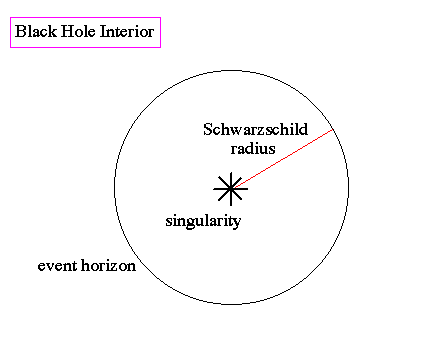Craig Feinstein asked:
Does Stephen Hawking believe that General Relativity is wrong?
Here is my answer (I will shift my answer there if some one reopen that question):
Stephen Hawking did NOT say that black holes do not exist. Hawking used to think black holes are oblivious. Now he admits (like some other people do) black holes have perfect memory, just like any other quantum systems. So what Hawking said is that black holes are not forgetful.
In order for black holes to have perfect memory (ie satisfies unitary quantum evolution), the classical GR must be wrong. The black hole horizon in the classical GR must be modified. I believe that, in well defined quantum gravity (yet to be developed), the horizon carries degenerate states that give rise to black hole entropy. There is no such thing as inside horizon. In other words, black hole horizon behaves like a hard-wall (with nearly degenerate states). This picture contradicts with classical GR.
Hawking's picture for the horizon, I believe, is similar.
This actually is a very old idea. See:
http://relativity.livingreviews.org/open?pubNo=lrr-2011-8&page=articlesu33.html
http://arxiv.org/abs/gr-qc/0303006
http://iopscience.iop.org/1742-6596/410/1/012137
So I believe that "Stephen Hawking believe that the classical General Relativity is wrong near the blackhole horizon". I think most people (not including me) believe that classical General Relativity is correct near the black hole horizon.
I believe that the classical General Relativity is wrong, since I believe that a well defined quantum theory (including quantum gravity) has a finite UV cutoff. A finite UV cutoff is incompatible with General Relativity principle.
A finite UV cutoff is even incompatible Lorentz symmetry. A finite UV cutoff may modify our picture about the black hole horizon, but I do not know how.

